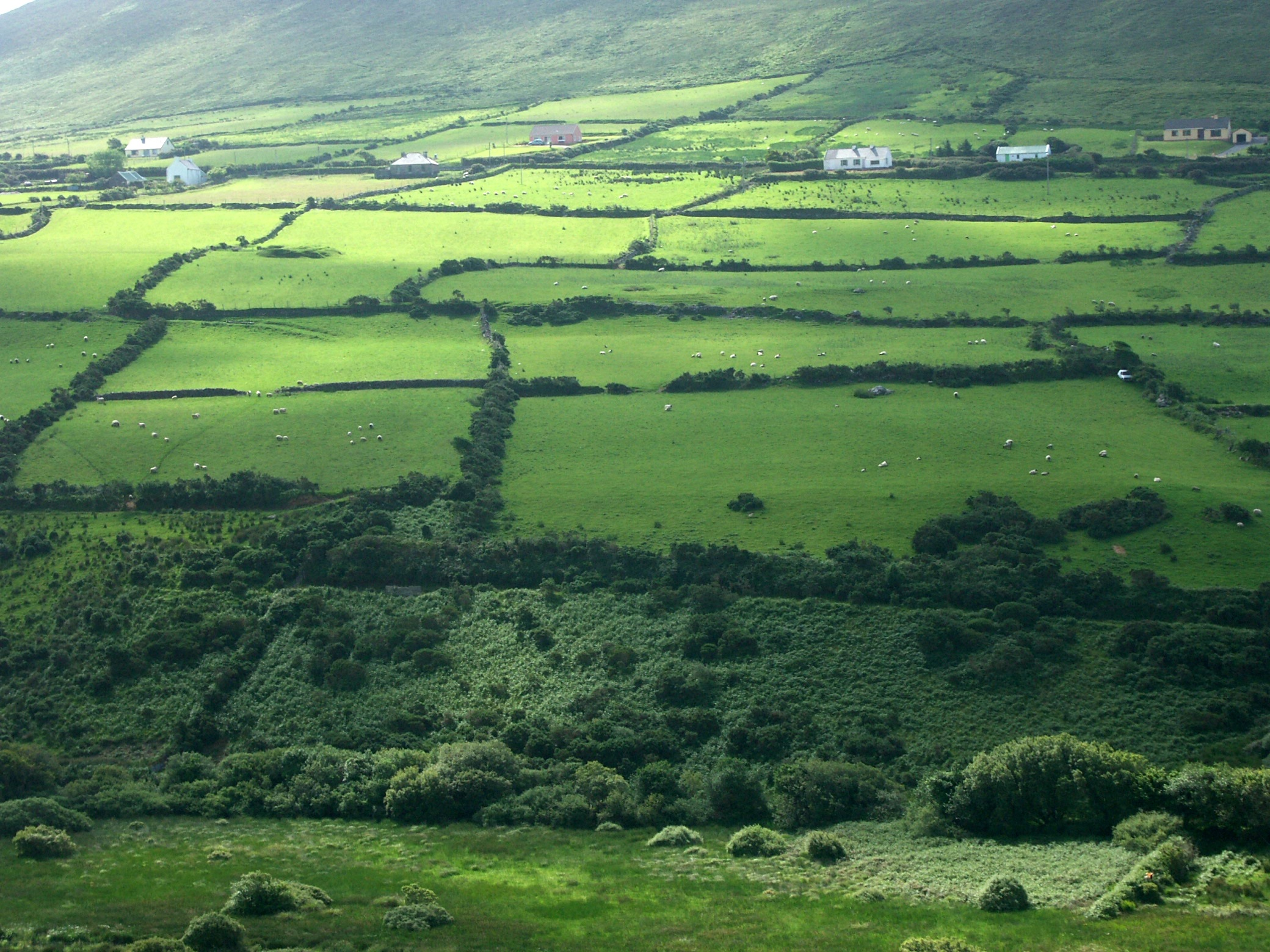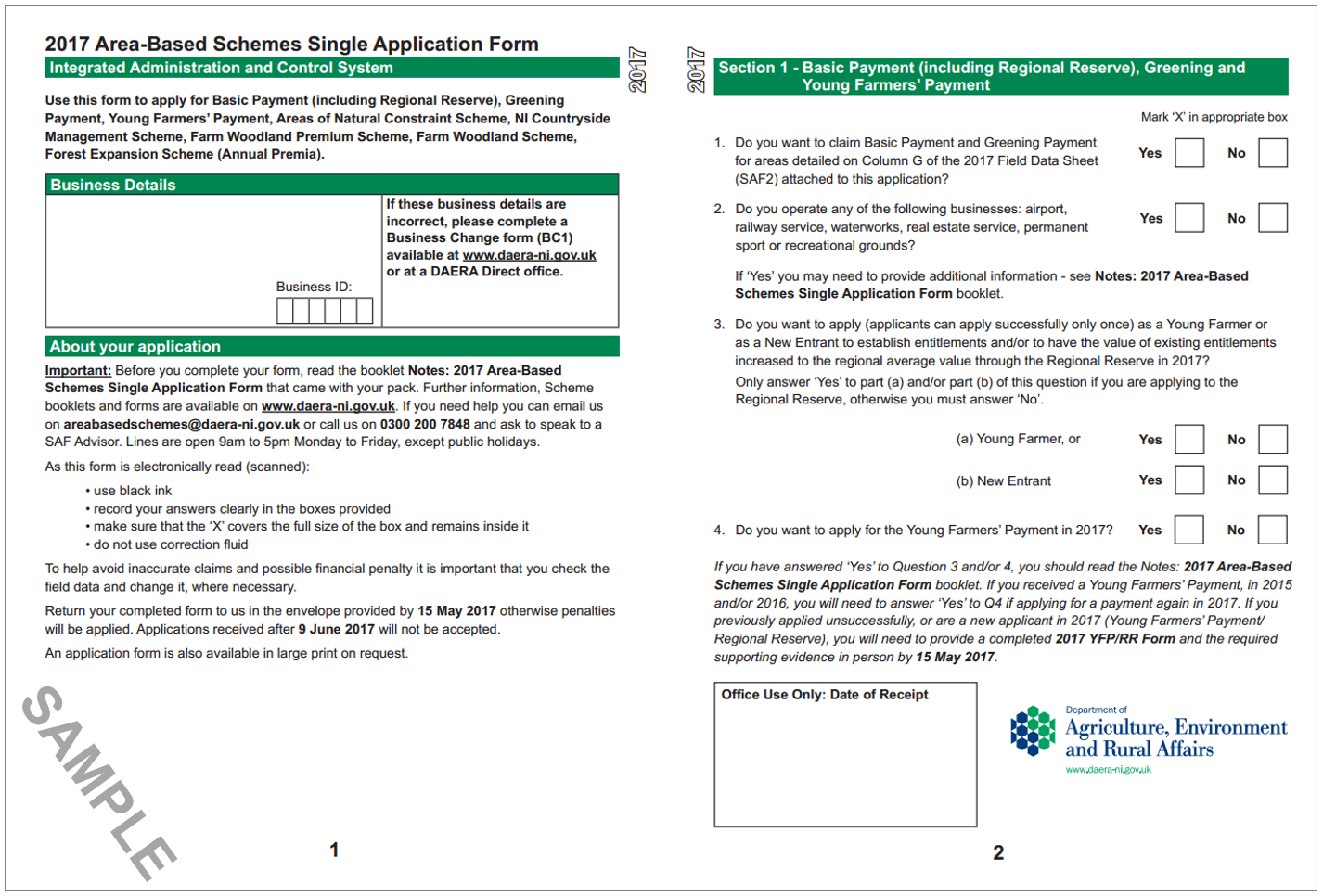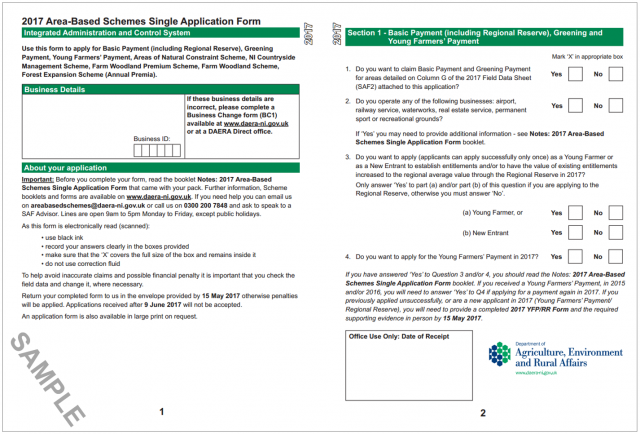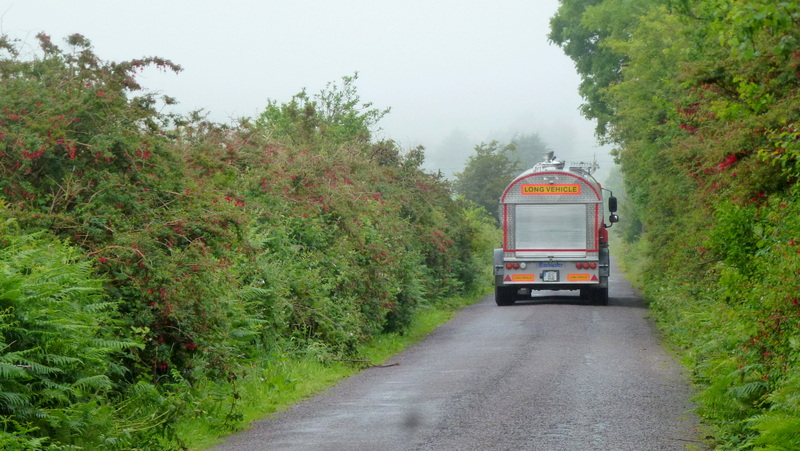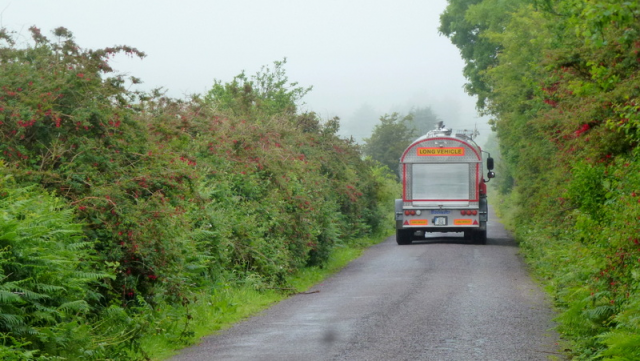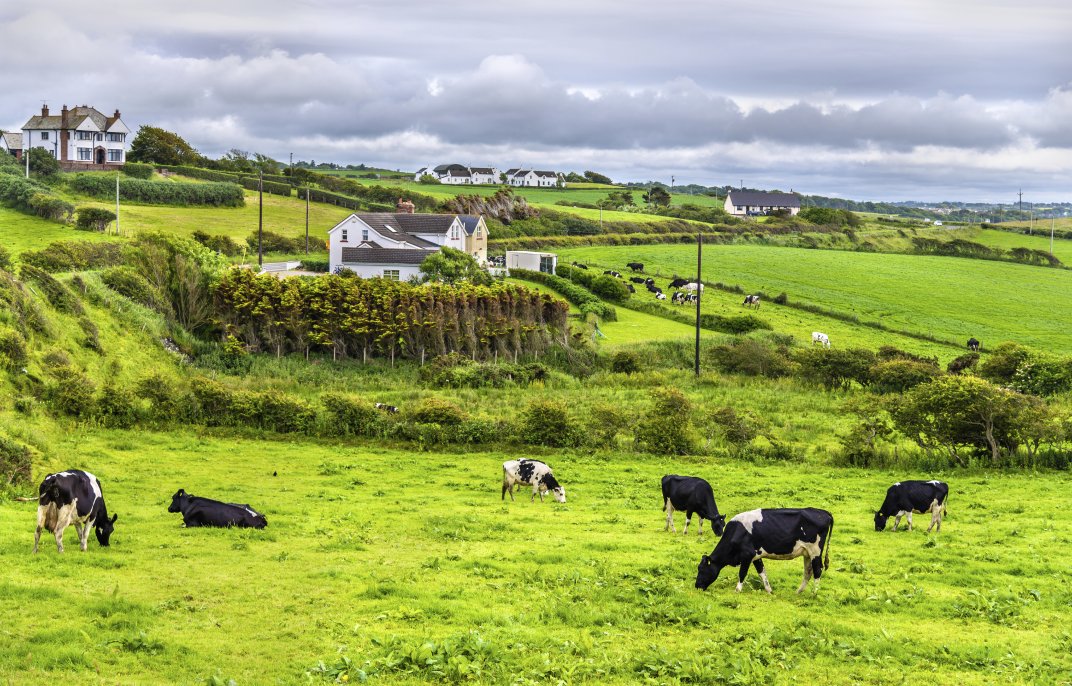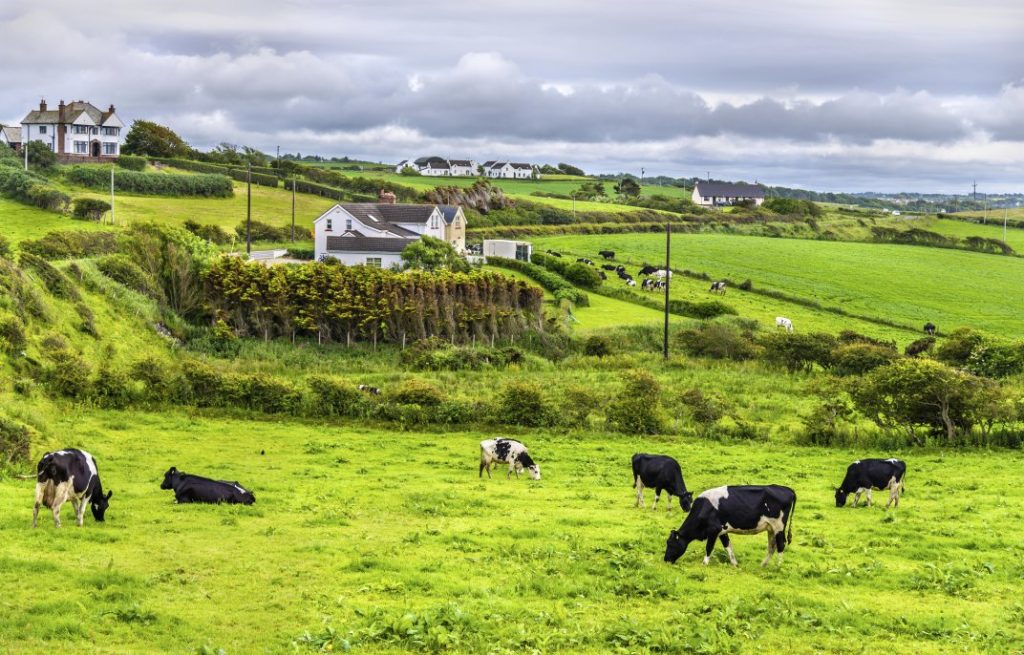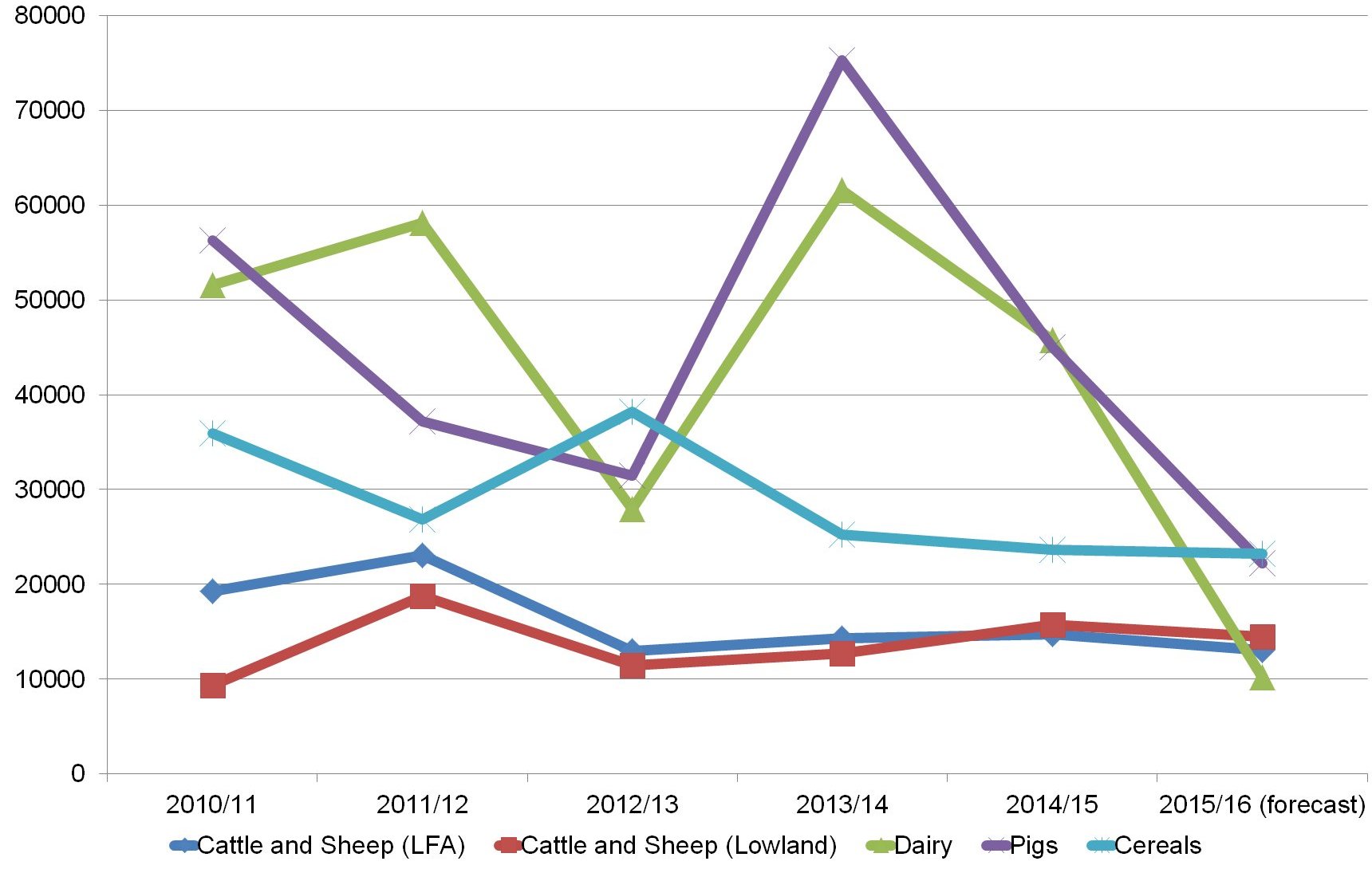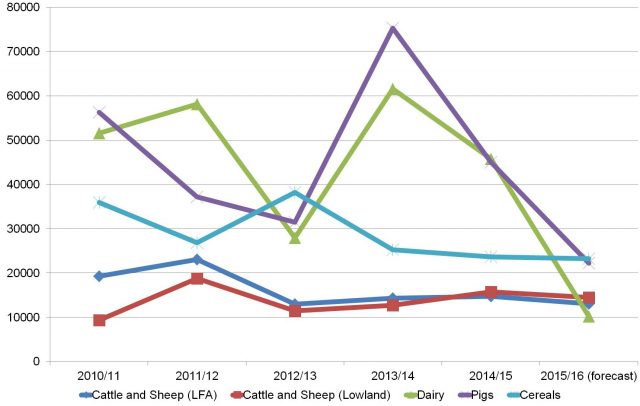COVID-19 and farming – A bitter harvest?
2020 was already set to be a challenging year for farmers across the UK. Having finally reached an agreed Withdrawal Agreement with the EU, the UK is set to formally leave the EU at the end of the current transitional period in December 2020. As a result of this decision, the UK and each of the devolved administrations were facing major changes in terms of how they would be supporting farmers outside the current Common Agricultural Policy (CAP) framework. There were concerns amongst some local stakeholders around the impacts that such moves would have on the nature and viability of agriculture here.


